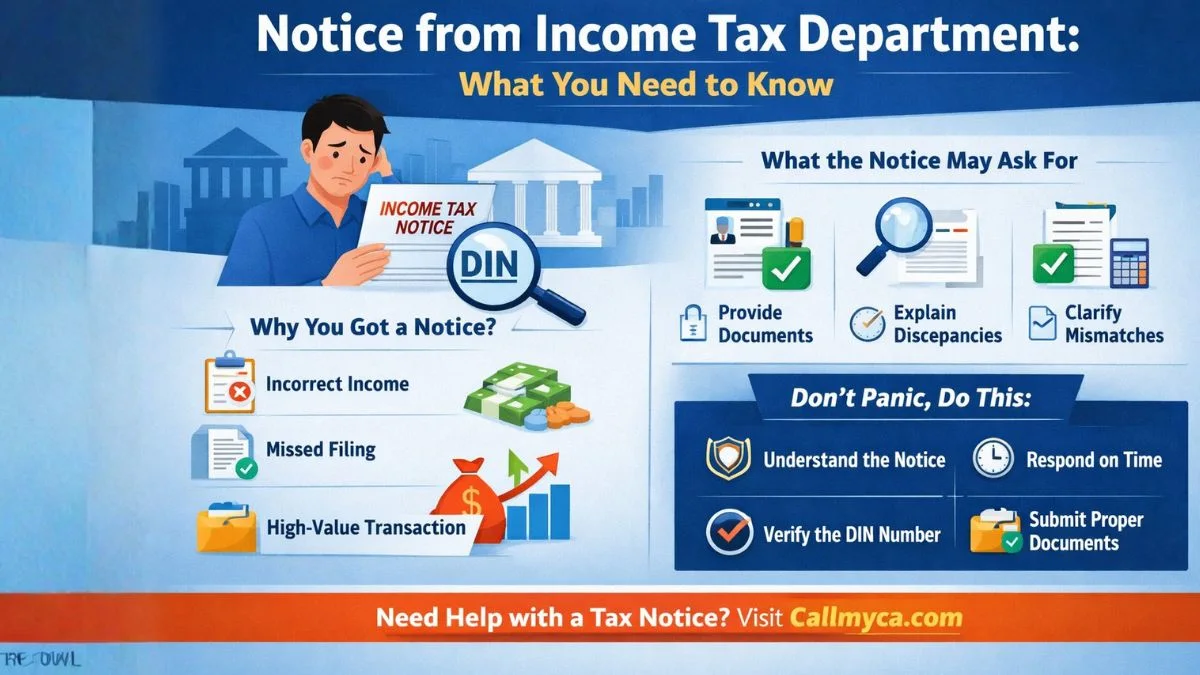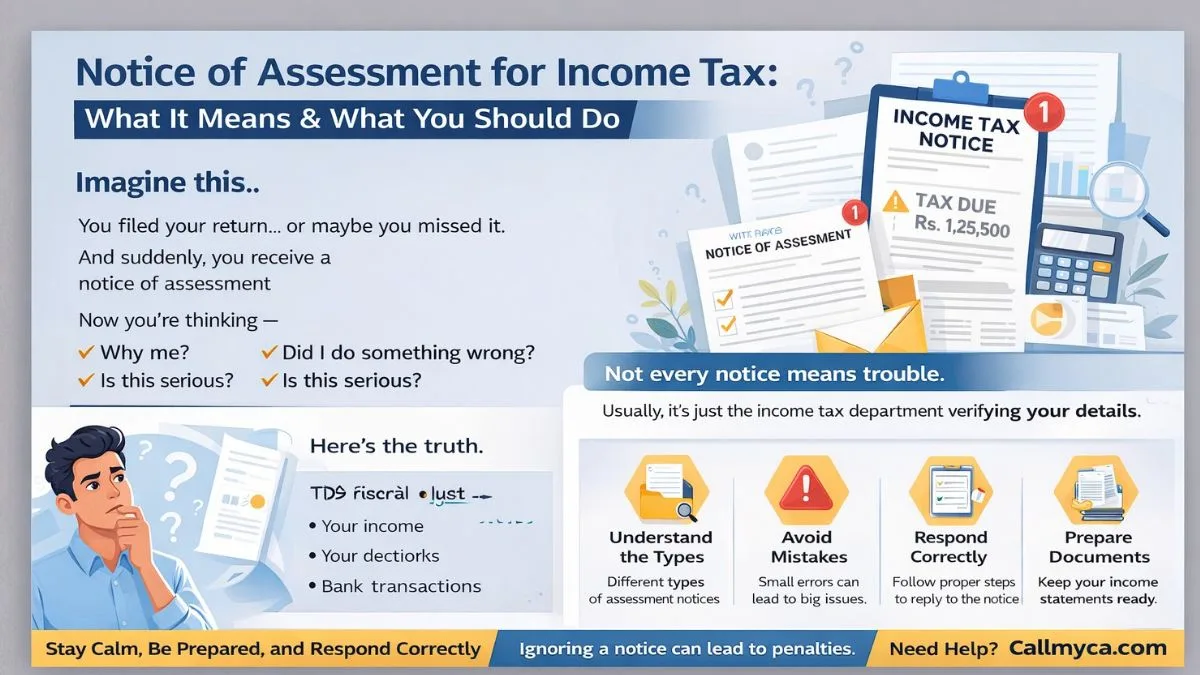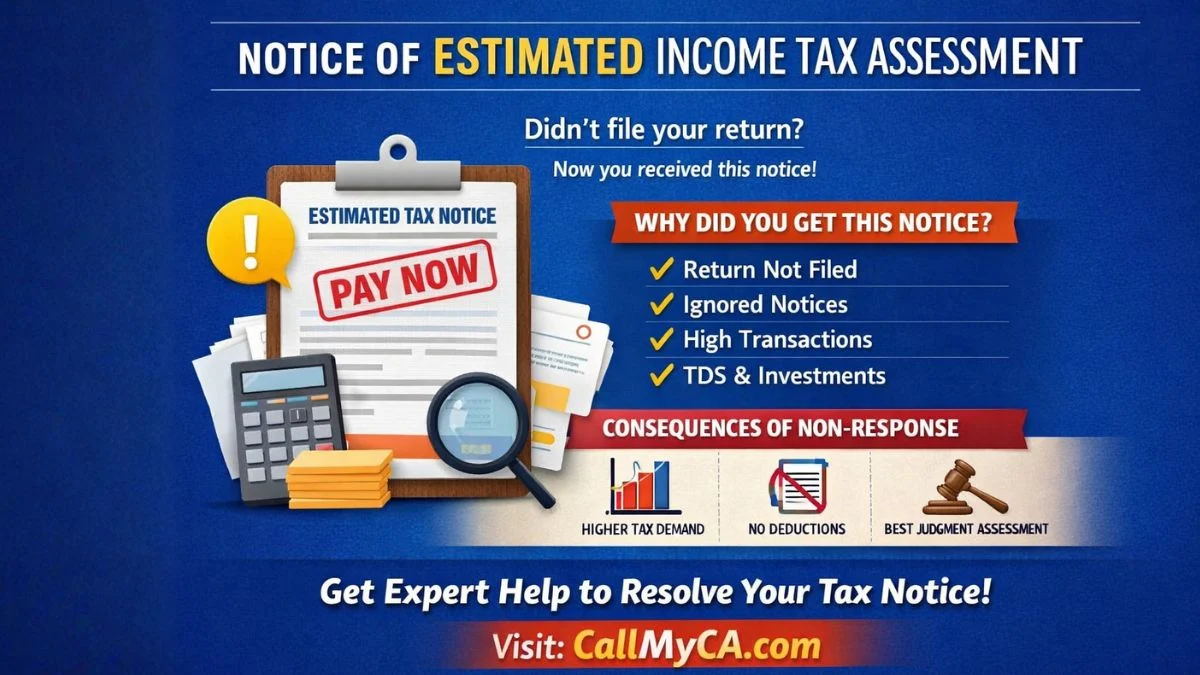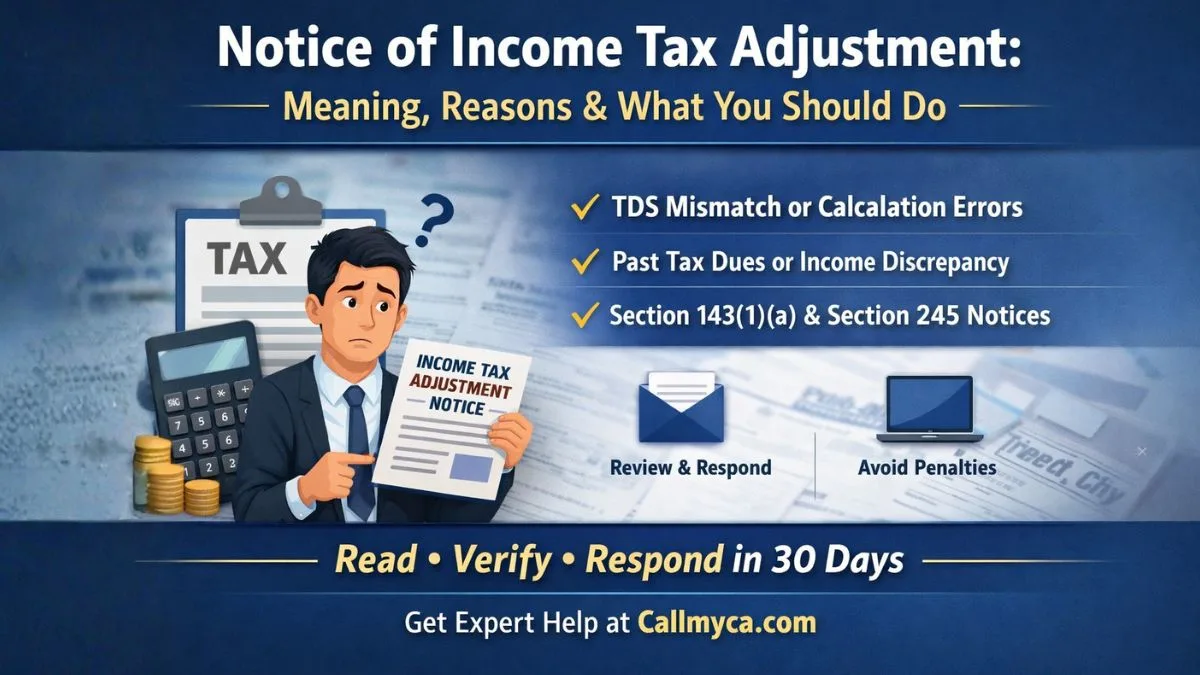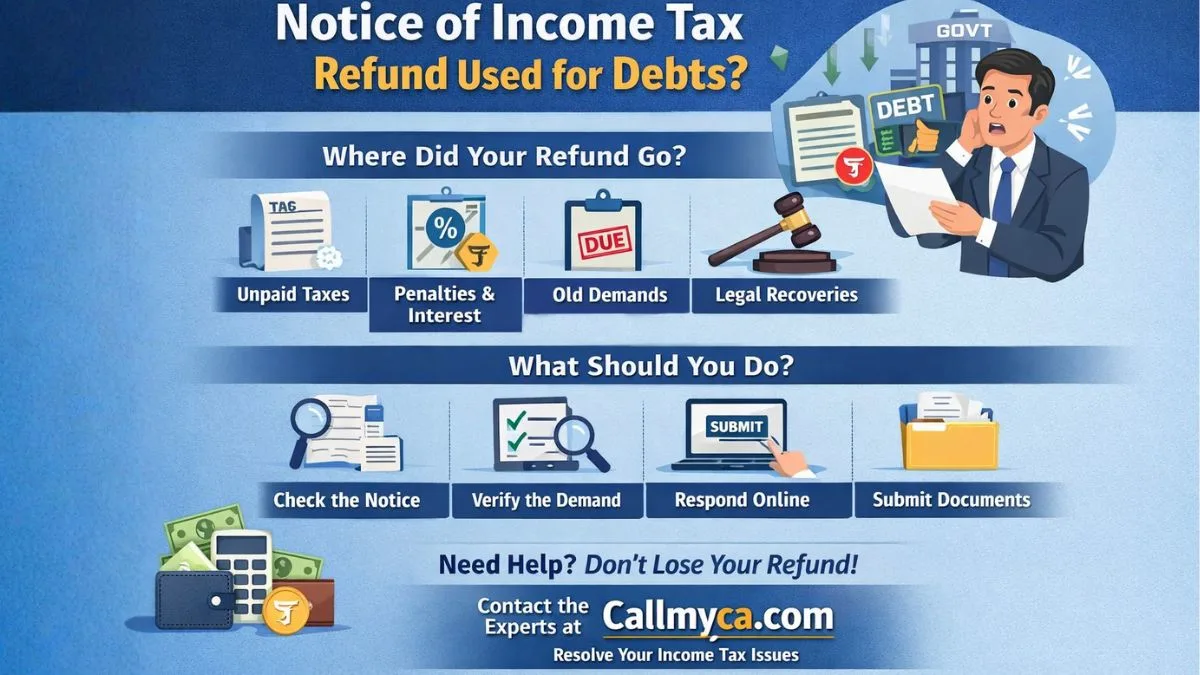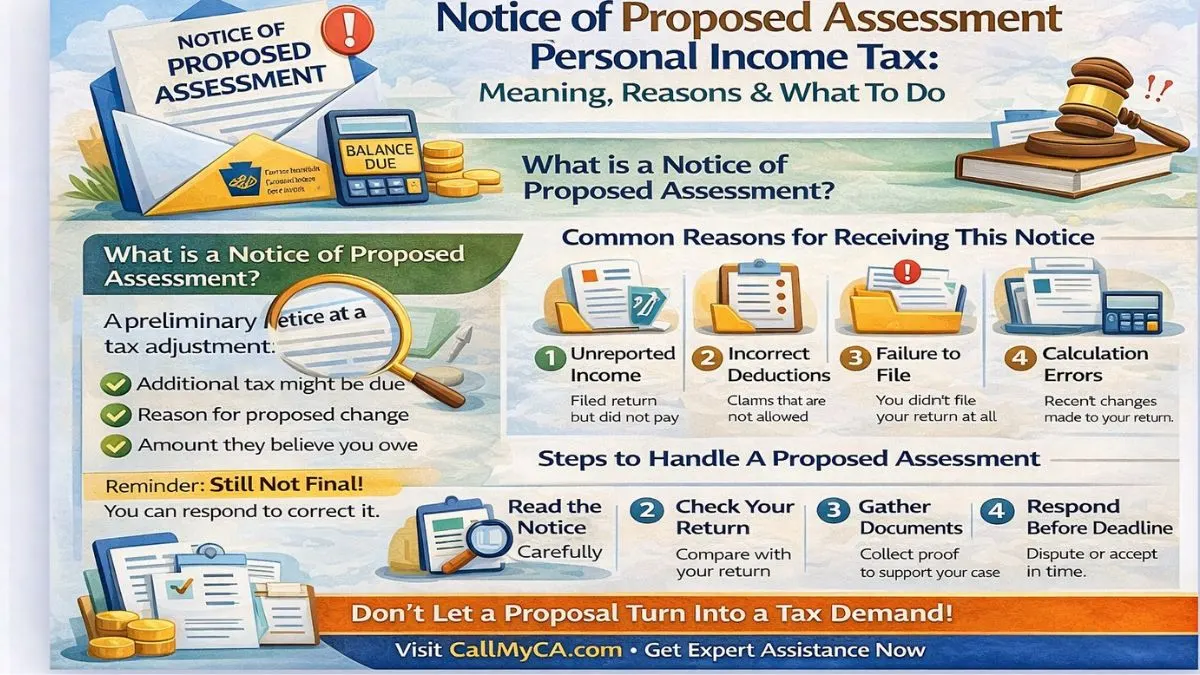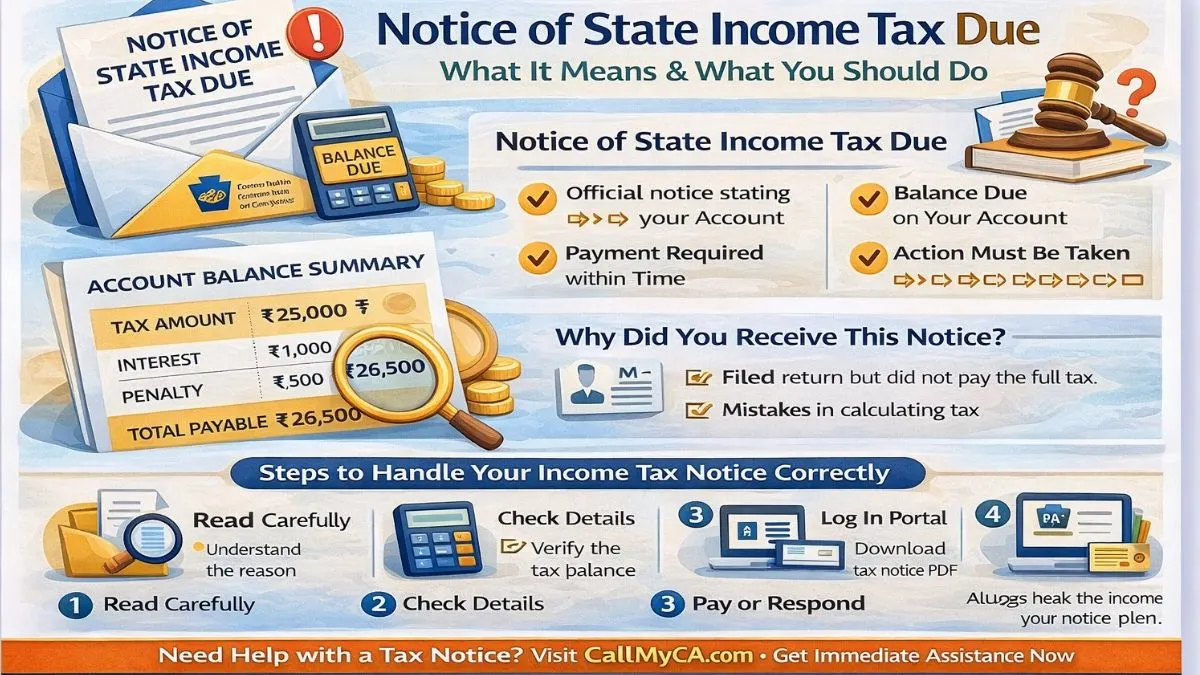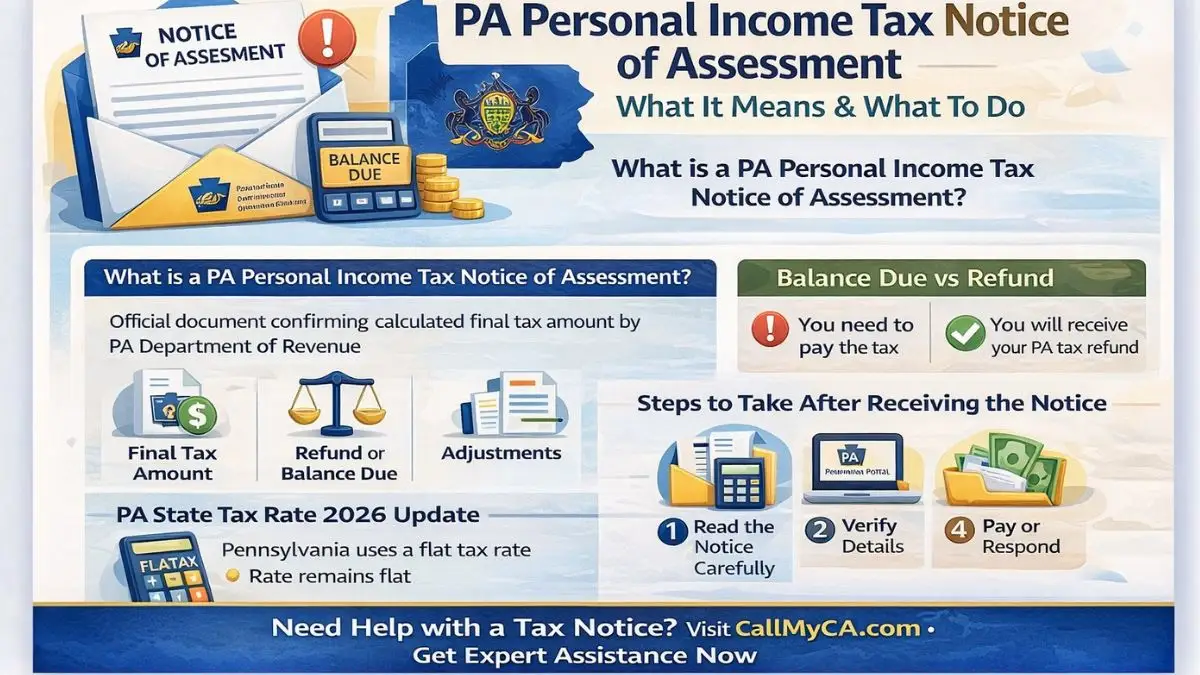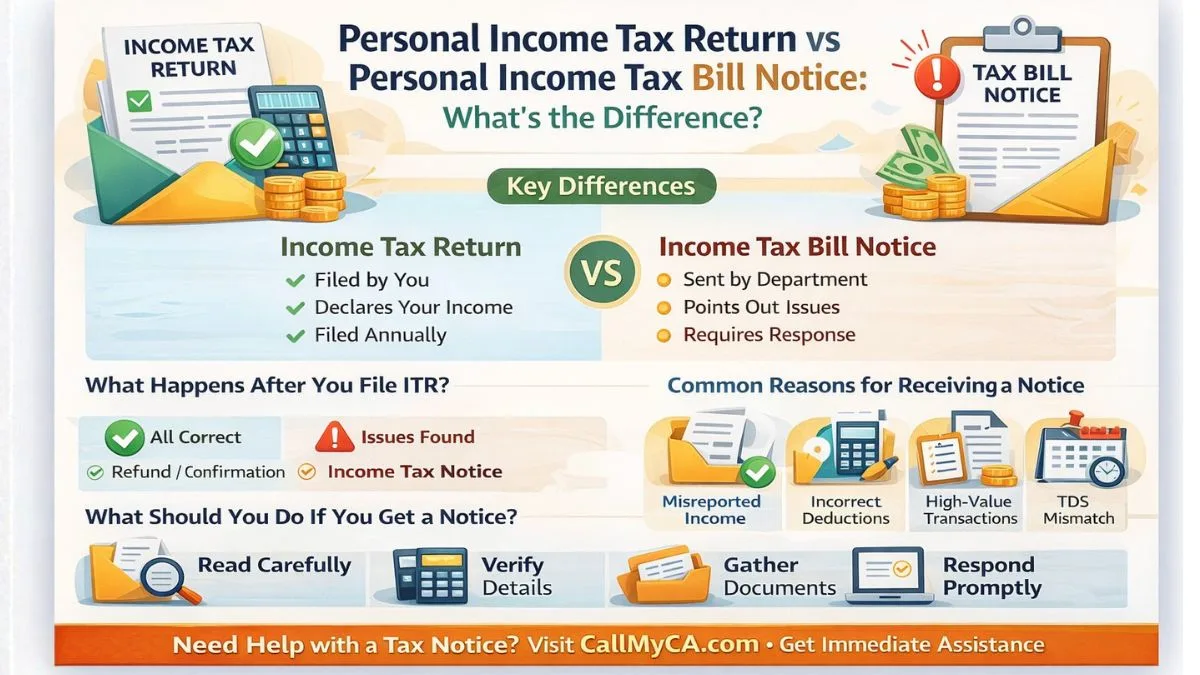
The Indian Income Tax Act has numerous provisions that allow exemptions for specific types of incomes. These exemptions ensure that organizations working for public benefit are not burdened with heavy taxes. One such important provision is Section 10(46A) of Income Tax Act, which focuses on granting exemptions to bodies and authorities engaged in developmental activities.
This section was introduced with the intent to promote transparency, accountability, and growth by allowing institutions like development authorities & public boards to utilize their income fully for their projects without the obligation of paying income tax.
What is Section 10(46A) of Income Tax Act?
Section 10(46A) of Income Tax Act is a special exemption clause. It provides income-tax exemption to certain authorities or boards notified by the Central Government. In simpler words, if a body or authority qualifies under this section, any income it earns will not be taxed, provided it is used for the purposes specified by law.
This section essentially supports development authorities, boards, trusts, and commissions engaged in public-oriented activities like housing, urban development, infrastructure projects, & welfare schemes.
Why was Section 10(46A) Introduced?
The Government realized that development authorities & boards often work on projects that directly impact citizens’ quality of life—such as constructing roads, public housing, water supply systems, and more. Taxing these authorities would reduce their financial capacity & slow down projects.
Thus, Section 10(46A) was created to:
- Encourage more funds to be used directly for development."
- Support public welfare projects by exempting income from taxation.
- Ensure tax exemption to Development Authorities that carry out infrastructure works.
Also Read: Tax Exemption for Notified Entities
Who Qualifies for Exemption under Section 10(46A)?
The exemption is not open to everyone—it applies only to notified entities. The Central Government decides & publishes a notification listing eligible bodies.
Entities that qualify generally include:
- Development Authorities working in urban or rural areas.
- Public Boards & Trusts engaged in housing, sanitation, water supply, and similar projects.
- Commissions or Authorities set up by law for social or infrastructure development.
Key Features of Section 10(46A)
- Exempts any income arising to a body, authority, Board, Trust, or Commission specified by the Government.
- Covers incomes of development authorities involved in housing, industrial townships, and infrastructure.
- The exemption applies only if the income is used strictly for public functions & not for private profits.
- Income must be derived from activities directly linked to the functions of the notified entity.
Example of Application
Consider a Housing Development Authority that earns income by leasing land, collecting development charges, or charging for permits. Under Section 10(46A), these incomes are exempted from tax as long as they are used for construction of housing colonies, roads, or public utilities.
This exemption ensures that the funds are reinvested in development rather than being paid as tax to the Government.
Tax Exemption to Development Authorities
The most direct beneficiaries of this section are development authorities. These organizations are typically tasked with:
- Building housing colonies.
- Creating industrial zones.
- Developing townships.
- Providing water & sanitation infrastructure.
By exempting their incomes, Section 10(46A) ensures that maximum resources are available for development projects. This results in faster growth of urban & rural infrastructure.
Also Read: The Hidden Tax-Free Benefit on NRE & FCNR Accounts
Difference Between Section 10(46) and 10(46A)
- Section 10(46): Deals with income of statutory bodies or institutions set up by law.
- Section 10(46A): Specifically deals with development authorities, boards, & commissions notified by the Government."
Both serve the purpose of tax exemption but apply to slightly different categories of institutions.
Benefits of Section 10(46A)
- Promotes Development – Authorities have more funds for projects.
- Financial Relief – Tax savings are redirected to welfare schemes.
- Encourages Growth – Urbanization & infrastructure get a major push.
- Government Support – By exempting such bodies, the Government indirectly supports citizens who benefit from development projects.
Compliance Requirements
Even though the income is exempt, the bodies must:
- Maintain proper records of their income & expenditure.
- Use funds strictly for authorized purposes.
- Submit regular reports to the Government.
Failure to comply may result in withdrawal of the exemption.
Practical Scenario
Imagine the Delhi Development Authority (DDA) collects fees for granting land use permissions. Normally, such fees would be taxable income. However, under Section 10(46A), this income is exempt since it is used for public infrastructure projects like metro stations, parks, and housing schemes.
Thus, taxpayers benefit indirectly because these authorities can deliver more projects without being drained by taxes.
Also Read: Tax-Free Benefits from Provident Funds and Sukanya Samriddhi Account
Challenges with Section 10(46A)
- Only notified entities get the benefit, leaving out smaller development trusts.
- Misuse of funds can lead to scrutiny by the Income Tax Department.
- Some critics argue that exemptions reduce Government’s tax revenue, though the long-term development benefits outweigh this.
Conclusion
Section 10(46A) of Income Tax Act plays a crucial role in promoting development by exempting incomes of certain notified authorities, boards, trusts, & commissions. By offering tax exemption to Development Authorities, it ensures that infrastructure and housing projects have maximum funding for execution. The exemption is not universal—it is granted only to entities recognized by the Central Government, which maintains accountability.
If you are associated with such an authority or want to know whether your entity qualifies, understanding Section 10(46A) is essential.
👉 Want expert guidance on how Section 10(46A) exemptions may apply to your case? Connect with us at Callmyca.com for simplified tax solutions & personalized advisory.

